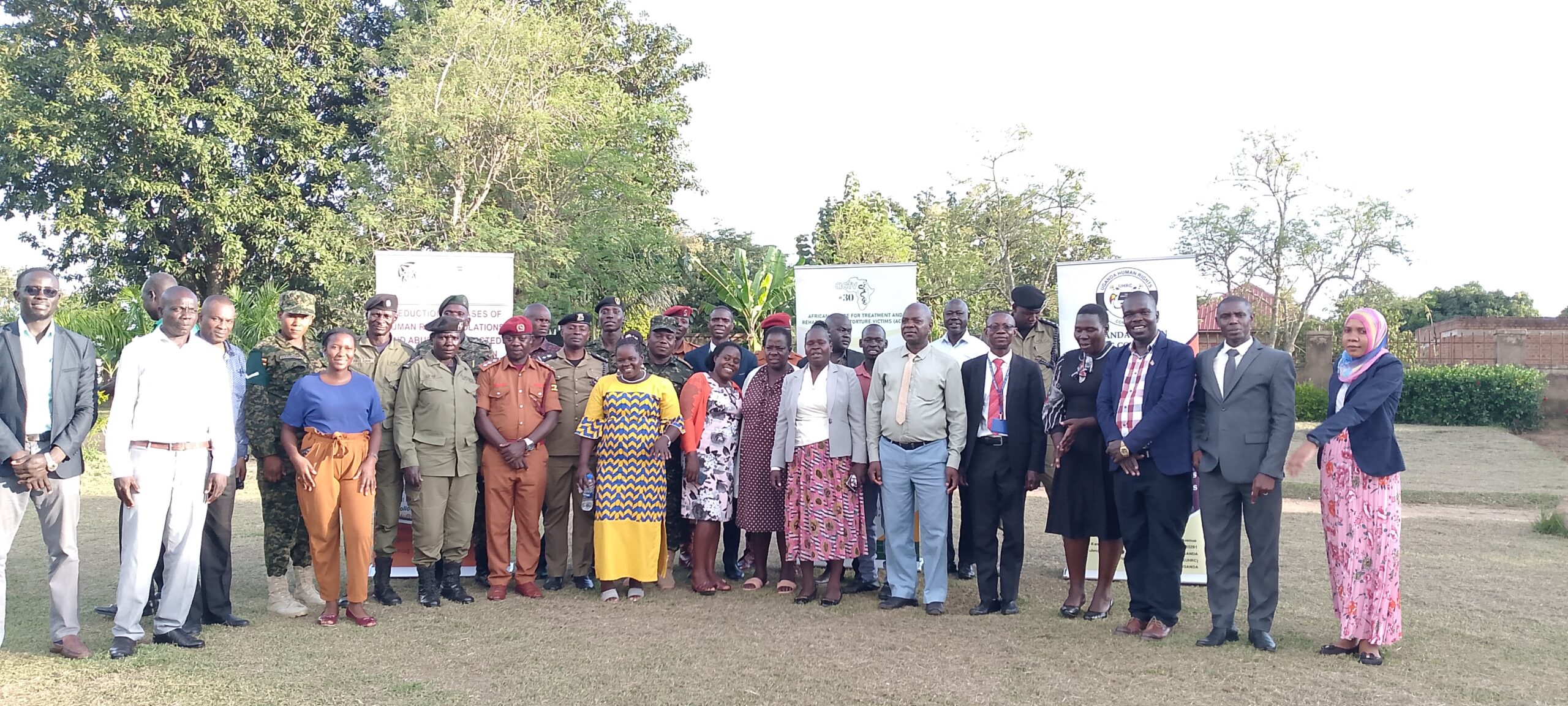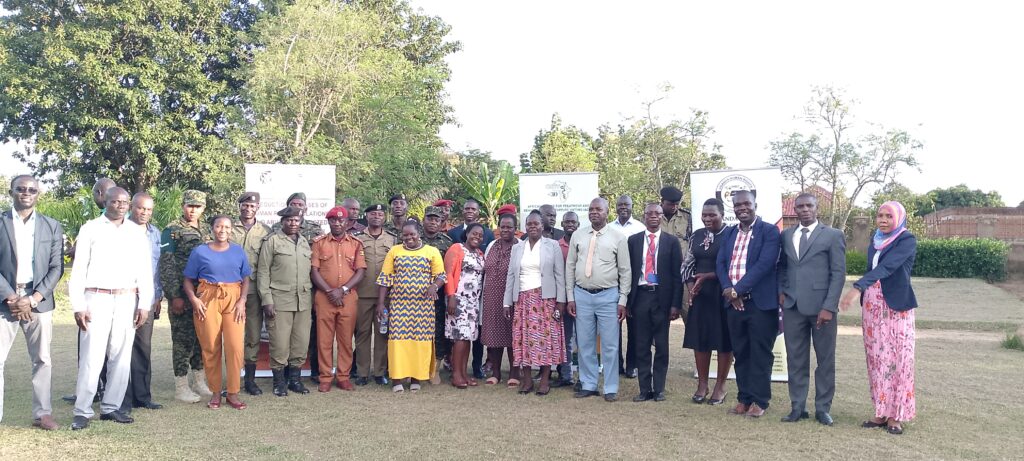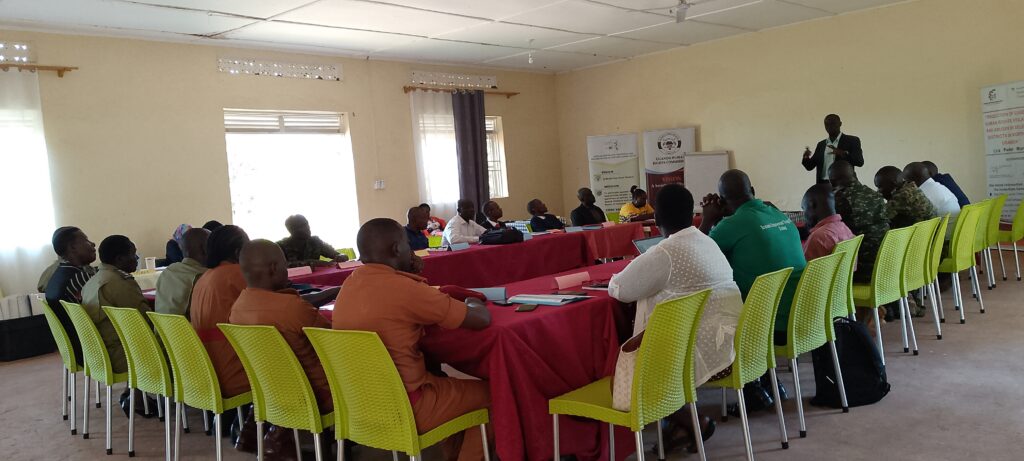
 Rapa FM Pader
Rapa FM Pader

 Rapa FM Pader
Rapa FM Pader
18 September 2025, 15:28

By Ekel Bonny Daniel
Duty bearers in Pader district have been urged to put into practice the knowledge and skills acquired during a two-day training on a human rights-based approach to law implementation.
The training, held at Kworo Guest House and Cottages in Pader town council, was organised by the Human Rights Centre Uganda in partnership with the African Centre for Treatment and Rehabilitation of Torture Victims (ACTV) and the Uganda Human Rights Commission, with funding support from the Austrian Development Cooperation.
The workshop brought together a diverse group of participants, including security personnel, government officials, civil society actors, and community representatives.
The goal was to strengthen the capacity of duty bearers to respect, promote, and protect human rights while executing their responsibilities in communities.
Robert Mugisha, Senior Program Officer at the Human Rights Centre Uganda, expressed optimism that the knowledge gained would be implemented since the training attracted a balanced mix of duty bearers, creating room for deeper dialogue and collaboration.
Teddy Opiro, a Field Officer at the Uganda Human Rights Commission in Pader, emphasised the need for participants to apply the lessons learned to reduce human rights abuses and violations in their areas of work.
She reminded fellow duty bearers that their commitment to upholding the law should always be grounded in human rights principles.
Adding a perspective from local government, Catherine Amony, representing the Office of the Chief Administrative Officer in Pader, encouraged participants to mentor their colleagues and subordinates, stressing that the enforcement of human rights laws requires collective responsibility and accountability.
She noted that ignorance of the law is not an excuse and called on duty bearers to share information with their communities to prevent violations born out of lack of knowledge.
The training also highlighted the importance of individual accountability in implementing the Human Rights Enforcement Act, underscoring that violations are not just institutional failures but are tied to the actions of individuals within those institutions.
Participants agreed that by practicing the lessons learned, they could contribute to reducing ignorance, strengthening community trust, and ensuring better service delivery.

As the participants return to their respective offices and communities, organisers hope that the knowledge gained will translate into action leading to improved promotion and protection of human rights across Uganda.
This initiative marks another step in bridging the gap between policy and practice, ensuring that laws are implemented in ways that safeguard the dignity and freedoms of all citizens.